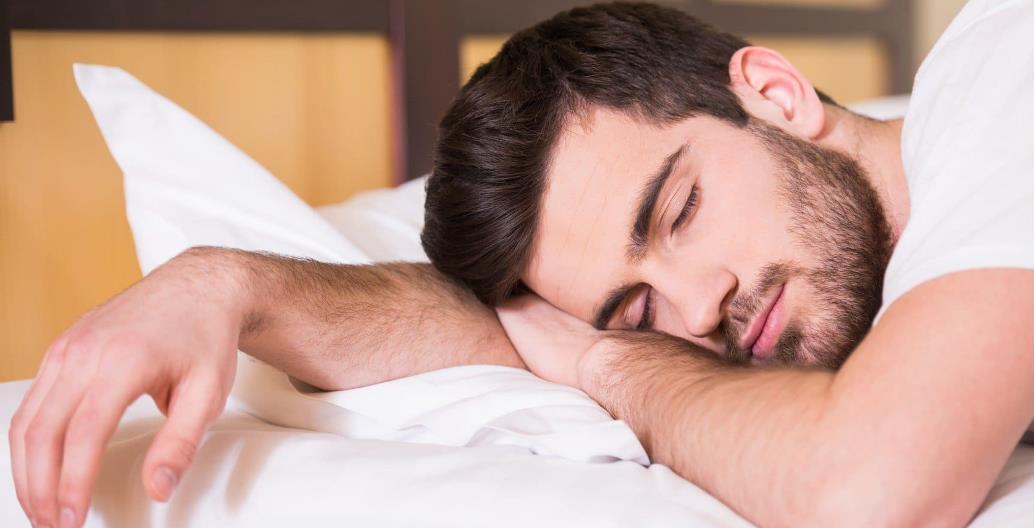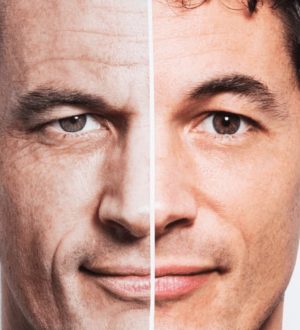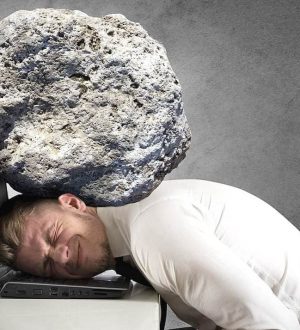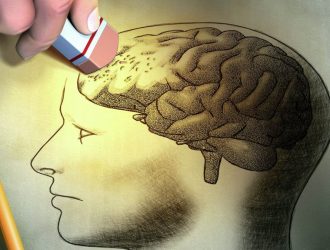
Let’s observe what would happen if you had poor sleep for fourteen days. Some people can get away with less sleep, however most people need a minimum of seven to eight hours of sleep.
Sleep has been found in nearly every animal in which it has been sought, is critical for life, and plays a crucial role in memory consolidation, hormonal regulation, and clearance of byproducts of neurotransmission from the brain. Adequate, regular sleep is critical for optimal functioning of human metabolism, immunity, cardiovascular systems, cognition, psychology, and functional ability. Short sleep is associated with increased mortality risk.
The effects of poor sleep
Poor sleep doesn’t just cause fatigue. It can affect many different parts of the body, including your:
1. Cognitive function
Potentially causing:
- Poor memory
- Lack of creativity
- Decreased focus
2. Mood
Potentially causing:
- Anxiety
- Stress
- Depression
- Irritability
3. Heart
Potentially causing an increased risk of:
- High blood pressure
- Heart attack
- Stroke
4. Hormones
Potentially causing:
- Low testosterone (The №1 Missing Factor with Low Testosterone)
- Low libido
- Infertility
5. Inflammation
Potentially causing:
- Increased pain
6. Blood sugar
- Increased blood sugar
7. Weight
- Increased weight gain
8. Immune system
- Increased susceptibility to getting infections
How to sleep better
What to do for poor sleep:
- Keep certain plants in your room (pothos and peace lily) to give you more oxygen while you sleep
- Sleep in the dark, avoid blue light, and increase your exposure to infrared light
- Keep your room cool (64 to 68 degrees Fahrenheit)
- Drink most of your water around dinner time and no later
- Take vitamin D to decrease back pain
- Try earplugs
- Take vitamin B1 to calm your mind
- Increase your magnesium and potassium to decrease cramps
- Increase your potassium to help with a high pulse rate
- Exercise, do physical work, and take certain supplements to help lower your stress
- Drink kefir before bed to help improve your digestion
- Spend time in the sun to increase your melatonin
- Avoid stimulants
- Balance your blood sugar levels








I have suspected for over 20 years that lack of sleep will break a person’s health and well being. I am a big supporter of sufficient sleep.
Don’t forget that sleep is absolutely VITAL for those suffering with Bipolar Disorder. If the circadian rhythm is interrupted, an episode of either mania or depression can be triggered.
I have been working the early A.M shifts at UPS for almost 4 years now and I have really been feeling the negative effects of getting less than 6 hours of sleep per night. I need at least 8 hours per night to wake up feeling alive and motivated.
I have had poor sleep for over 25 years. 15 years ago I developed Fibromyalgia and Chronic Fatigue, for which I partly blame on the lack of sleep. Everything you said about the downside of sleeplessness is me! Thank you for pointing that out.